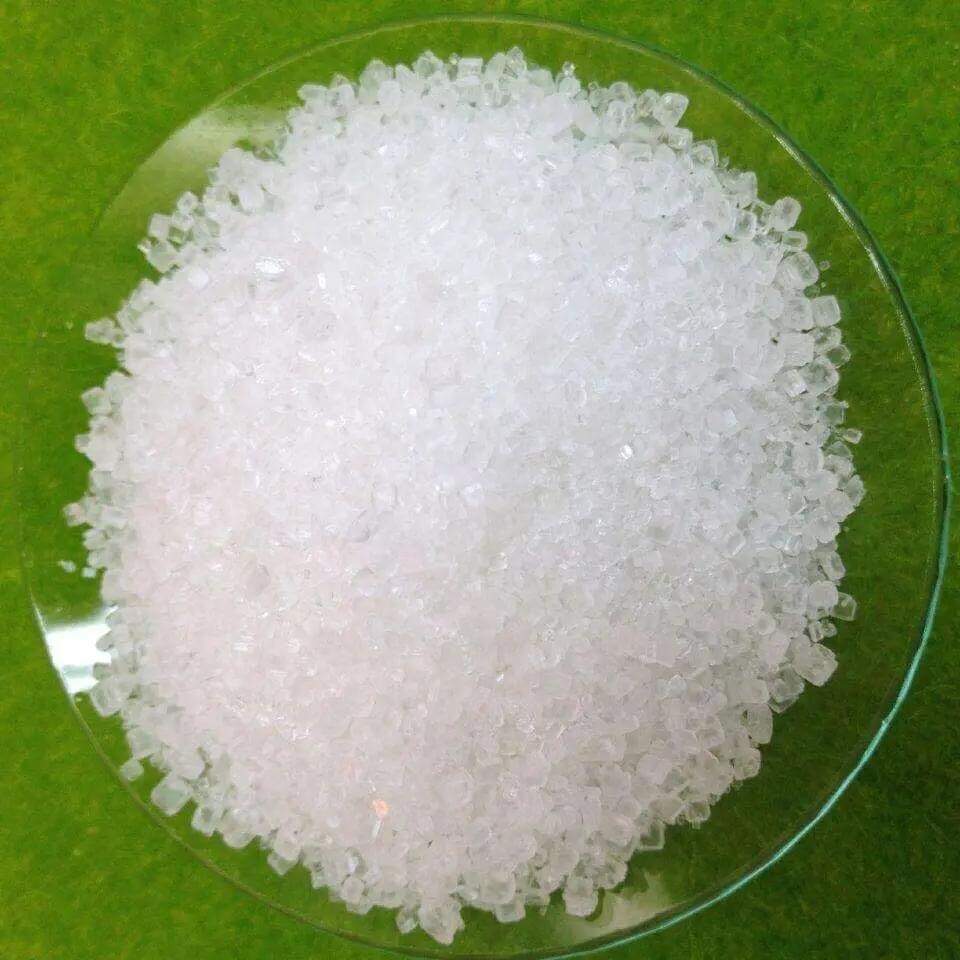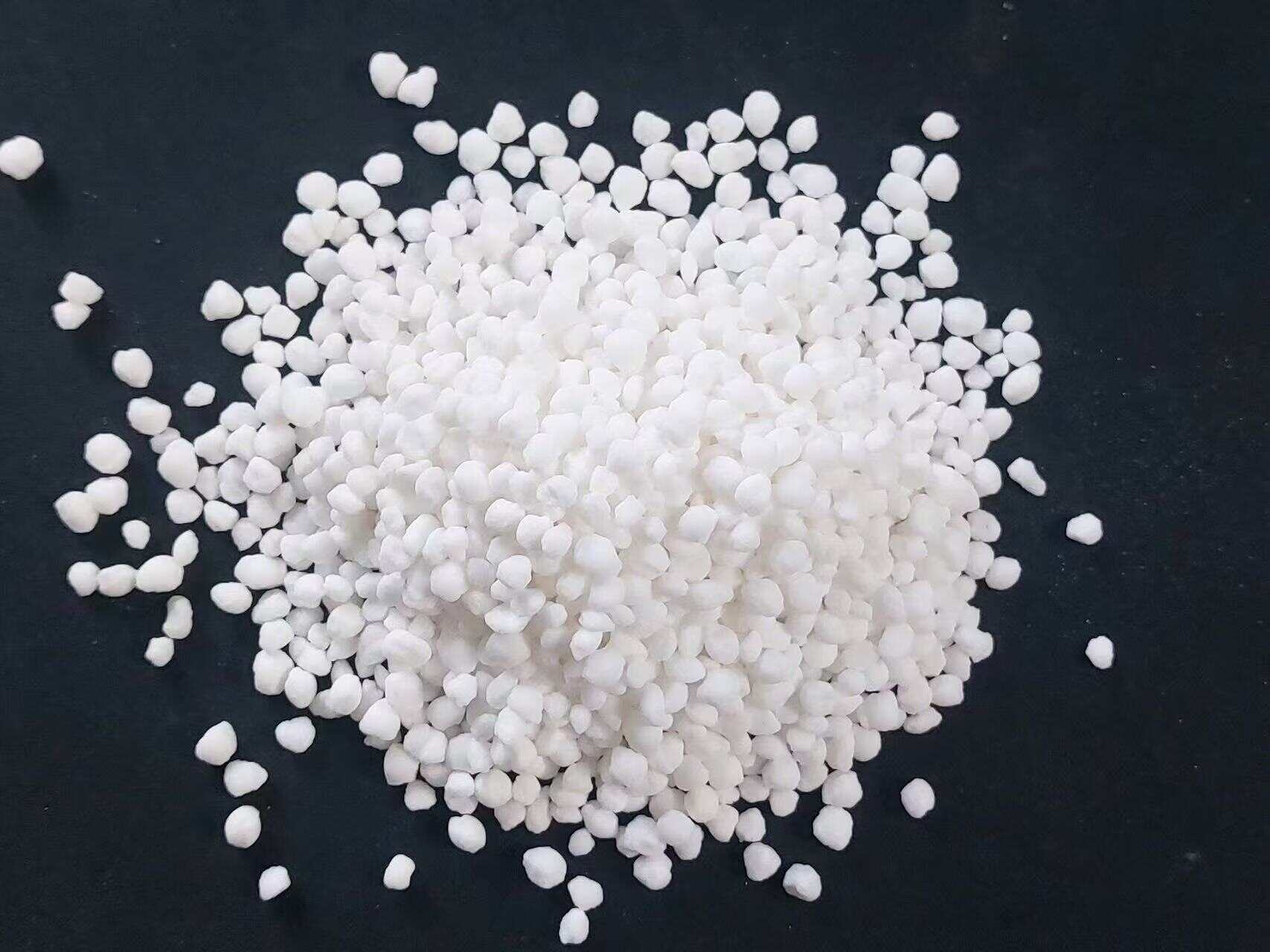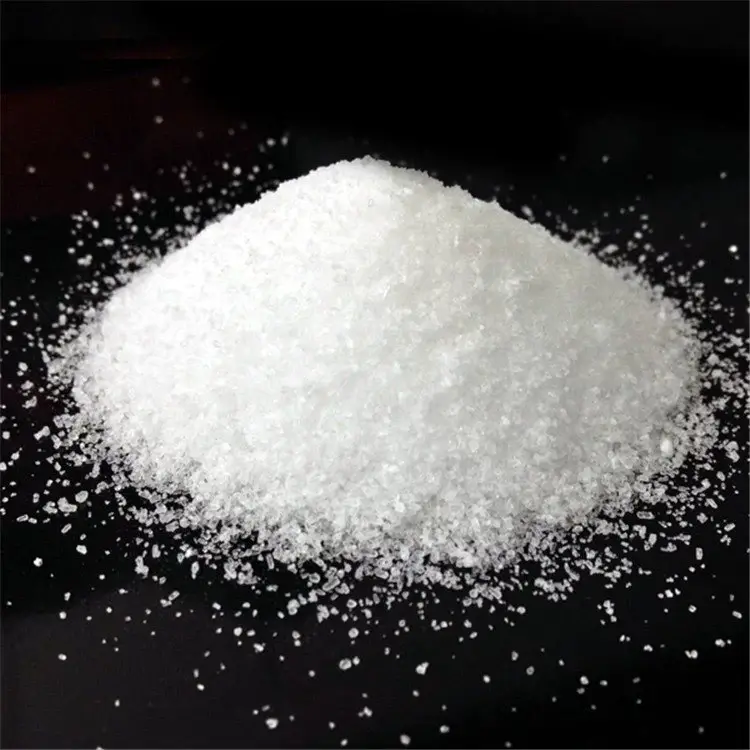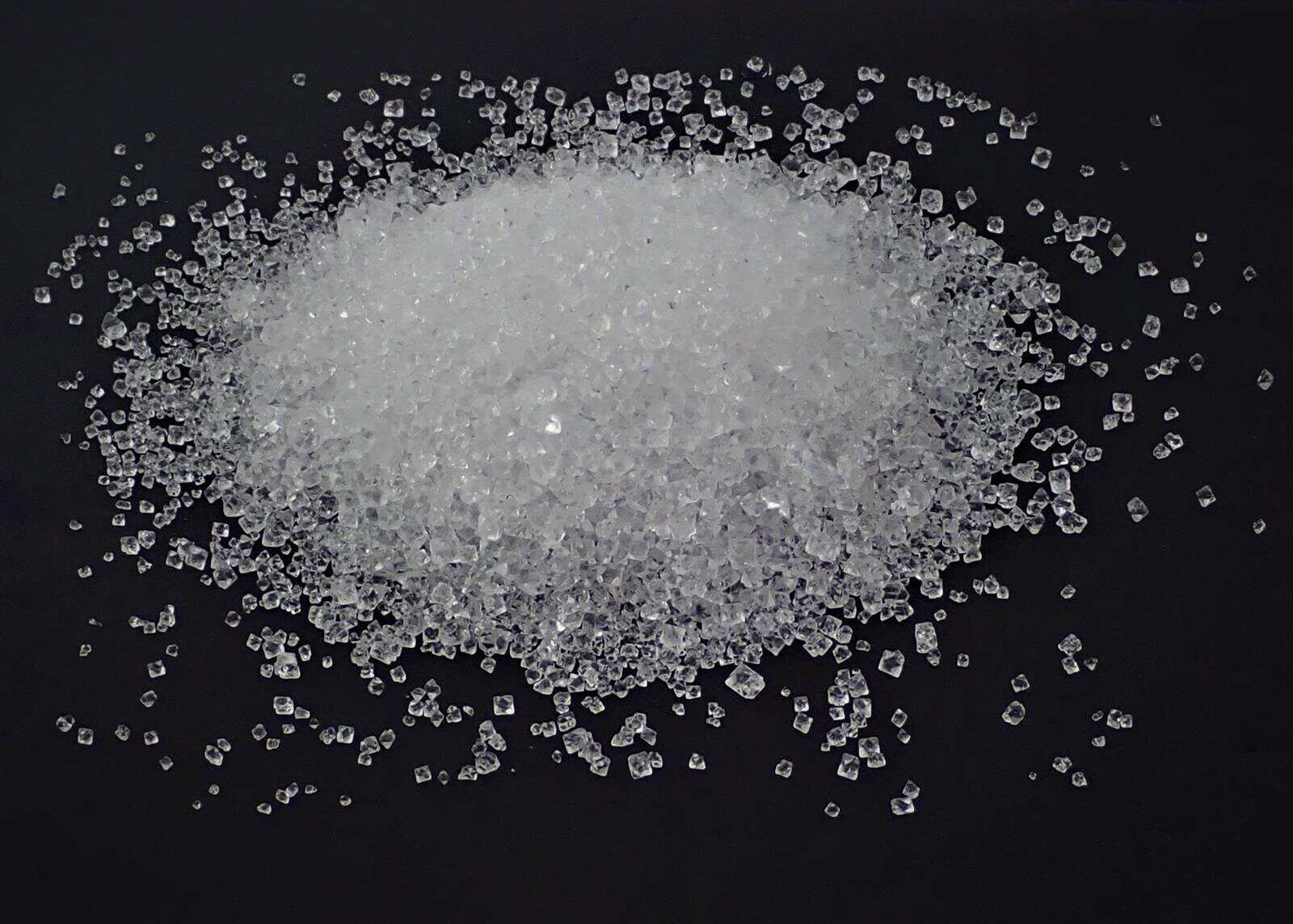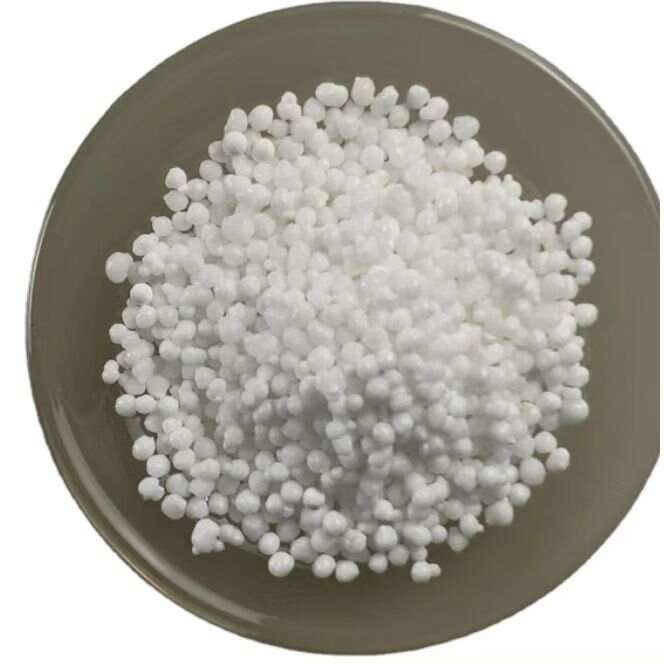- 73 UPPER PAYA LEBAR ROAD #06-01C CENTRO BIANCO SINGAPORE 534818
- zengy7073@gmail.com
Email format error
Email cannot be empty
Email already exists
6-20 characters(letters plus numbers only)
The password is inconsistent
Email format error
Email cannot be empty
Email does not exist
6-20 characters(letters plus numbers only)
The password is inconsistent

Nitrogen fertilizer
Nitrogen fertilizer
(6)- Ammonium - based fertilizers: Such as ammonium chloride (\(NH_4Cl\)) and ammonium sulfate (\((NH_4)_2SO_4\)). They contain nitrogen in the form of ammonium ions (\(NH_4^+\)). Ammonium - based fertilizers are readily available to plants and can be quickly absorbed. However, in some soils, the ammonium ions can be converted to nitrate ions through nitrification, which may lead to nitrate leaching.
- Nitrate - based fertilizers: Examples include potassium nitrate (\(KNO_3\)) and calcium nitrate (\(Ca(NO_3)_2\)). These fertilizers provide nitrogen in the form of nitrate ions (\(NO_3^-\)), which are easily taken up by plants. Nitrate - based fertilizers are often used in hydroponic systems and are suitable for plants that have a high demand for nitrate - nitrogen. They are also relatively fast - acting, but they need to be applied carefully to avoid over - fertilization and nutrient runoff.
- Urea - based fertilizers: Urea (\(CO(NH_2)_2\)) is the most commonly used nitrogen fertilizer. It has a high nitrogen content, usually around 46%. Urea is a white crystalline solid that is highly soluble in water. In the soil, urea is hydrolyzed by the enzyme urease to form ammonium carbonate, which then releases ammonium ions and gradually provides nitrogen to the plants.
Effects of Nitrogen Fertilizer on Plants
- Promoting vegetative growth: Nitrogen is a major component of plant proteins, chlorophyll, and other important organic compounds. It stimulates the growth of stems, leaves, and branches, resulting in lush and green foliage. Adequate nitrogen supply is essential for the rapid expansion of plant tissues and the overall increase in plant biomass.
- Enhancing photosynthesis: Chlorophyll, which is necessary for photosynthesis, contains nitrogen. A sufficient supply of nitrogen ensures the normal synthesis and function of chlorophyll, enabling plants to carry out photosynthesis more efficiently. This, in turn, provides the energy and organic matter needed for plant growth and development.
- Improving crop yield and quality: By promoting healthy vegetative growth and enhancing photosynthesis, nitrogen fertilizer can increase crop yields. In addition, it can also improve the quality of crops, such as increasing the protein content in grains and the nutritional value of vegetables.
Ammonium Sulphate (Caprolactum Grade) Fertilizer
Easy absorption of moisture agglomerate, with strong corrosive and permeability. Has hygroscopic, moisture absorption into pieces after consolidation.It can completely broken down into ammonia and sulphuric acid when heated to 513 °C above. And it release ammonia when it react with alkali. Low poison, stimulating.
Granular Ammonium Chloride
Granular Ammonium Chloride (NH₄Cl) is a nitrogen-based fertilizer widely used in agriculture to provide crops with an essential nutrient—nitrogen—in a form that is readily available to plants.
Ammonium Chloride Powder
Ammonium Chloride Powder is a white, crystalline solid that is highly soluble in water. It is commonly used as a fertilizer due to its high nitrogen content, which is essential for plant growth. With the chemical formula NH₄Cl, ammonium chloride is produced by neutralizing ammonia with hydrochloric acid.
Ammonium Sulphate (Chemical Grade/Steel Grade/MMA Grade/Coking Grade)
Ammonium sulfate is widely used in agriculture as a fertilizer due to its high nitrogen content, but it also has applications in various industrial processes. CAS RN: 7783-20-2 Molecular Formula: (NH4)2SO4
Prilled urea 46% specification
Prilled urea is a form of nitrogen fertilizer that contains 46% nitrogen by weight, making it one of the most concentrated nitrogen fertilizers available. It is produced through a prilling process, where molten urea is sprayed into a cooling tower, forming small, round, free-flowing prills. These prills are easy to handle, transport, and apply, making prilled urea a highly efficient choice for farmers.
N25 FERTILIZER
N25 fertilizer, with 25% nitrogen, would provide a lower concentration of nitrogen compared to urea, which means more N25 fertilizer would be needed to provide the same amount of nitrogen as urea. This kind of fertilizer may be available in different formulations, including slow-release options. This means N25 might provide a more controlled release of nitrogen over a longer period, which can reduce the risk of nitrogen leaching and reduce the frequency of applications.It is often chosen when a more steady and controlled release of nitrogen is desired or in situations where a lower concentration of nitrogen is required for plant health.

